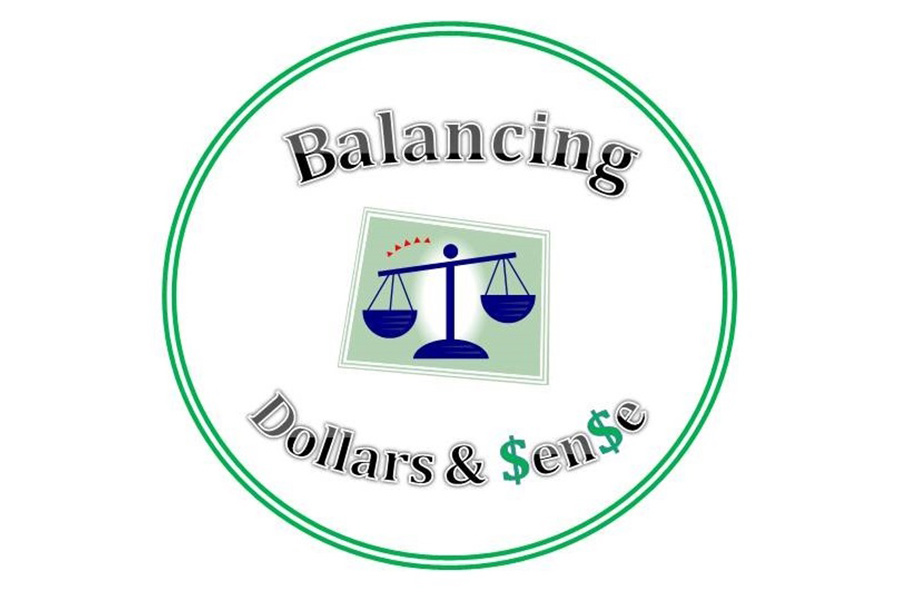Even in the best of times, planning for the future can be full of anxieties related to housing and finances. The cost of maintaining a home is a challenge, especially when repairs and modifications are needed to make spaces more age-friendly. The financial obligations of long-term care are burdensome for many, on top of the complexities of finding the right long-term-care option to ensure that health-care needs are met. Unless someone has sufficient savings or a pension, even keeping up with daily expenses is difficult post-retirement.
For our city’s older adults, these challenges are very real. According to the most recent Census data, 20 percent of Philadelphia’s older adults have incomes below the poverty line. Nearly half of older Philadelphians have incomes less than 200 percent of the poverty level. Thousands of Philadelphia elders face evictions or foreclosure each year.
Because of these economic challenges and the high costs associated with aging, many seniors are reliant on public benefits and federal entitlement programs. Beyond the most well-known federal programs of Medicare, Medicaid and Social Security, these benefit programs also include Federal Housing Assistance/Section 8 programs, Supplemental Nutrition Assistance Program (SNAP; formerly food stamps) and Low Income Home Energy Assistance Programs (LIHEAP).
Since the start of the new presidential administration, new threats have arisen to many of these programs and benefits. The Trump administration has proposed deep budget cuts to the Department of Health and Human Services, which oversees the Administration on Aging. The administration has also considered cuts to workforce-development programs, such as the Senior Community Services Employment Program (SCSEP) and rental-assistance programs including Section 202 Supportive Housing for the Elderly. LIHEAP, which provides financial assistance for utilities, has been slated for elimination. Proposed cuts to Medicaid, included in the American Healthcare Act, would lead to states either having to cut benefits, cover fewer people or raise taxes to finance the extra costs.
These threats to services are not going unnoticed by Philadelphia’s older adults.
Lynn Fields Harris currently serves as the executive director of Center in the Park, a nationally accredited senior center in Northwest Philadelphia. Center in the Park serves around 2,000 older adults each year, providing health-education programs, housing counseling, lifelong-learning classes, group meals and case management. More than 1,000 people are served each year through the senior center’s In-Home Support, Energy Assistance and Housing Counseling Programs.
Fields Harris said that many Center in the Park members have been directly affected by these proposed changes.

“People are stressed. The sense of urgency is increasing for people in need of assistance,” she said, noting that people are fearful of their existing services being cut or their applications for new services being denied.
Many of the cuts being proposed at the federal level would also hurt aging-services agencies, including senior centers like Center in the Park. Fields Harris said these cuts “would drastically reduce the hundreds of people we help with housing counseling, people who are coming to us when they are about to lose their homes or about to be evicted.”
For the past several years, Center in the Park has hosted a daylong forum each spring focusing on topics related to housing, budgeting, legal planning and money management for older adults. Originally called “Money Matters” and co-hosted by Center in the Park and Mount Airy USA, the event has been renamed in the past decade to “Balancing Dollars and $en$e.” Additional co-sponsors have been brought in to dig deeper into these important issues.
This year’s “Balancing Dollars and $en$e” will take place at Center in the Park on June 23 and is being co-sponsored by the LGBT Elder Initiative, Mount Airy USA, the Philadelphia Corporation for Aging and the Delta Sigma Theta Sorority Philadelphia Alumnae Chapter.
While many of the topics covered this year will address similar themes as previous years’ programs, many of the workshops will relate to the uncertainty of today’s political era. Fields Harris said she hopes the information shared at the workshops will help elders feel better about planning for their futures, even if there are policy changes at the federal level.
“I hope that participants walk away with some additional knowledge and information about resources that are valuable to them. I hope that we can reinforce their understanding of potential ways to enhance their situation. We’ll be able to help people to plan ahead and be prepared, even if some assistance programs go away.”
For more information about Balancing Dollars and $en$e or to register for the program, visit centerinthepark.org or call 215-848-7722 ext. 225.
David Griffith is the director of programs and outreach for the LGBT Elder Initiative. To learn more about the LGBT Elder Initiative and upcoming programs for LGBT older adults, visit www.lgbtelderinitiative.org.
